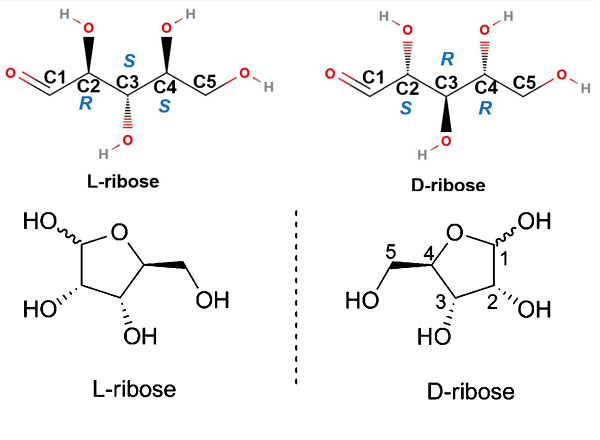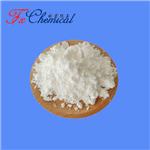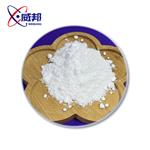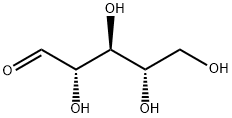D-ribose and L-ribose
Ribose (C5H10O5), with a molecular weight of 150.13 Dalton, is a pentose sugar comprising two enantiomers: L-ribose and D-ribose. The L-ribose enantiomer is unstable; thus, D-ribose is the primary functional isoform of ribose[1].

Enantiomers (like D-ribose and L-ribose) exhibit different or entirely opposite potency, toxicity, transport mechanisms, and pathways of metabolism in organisms. Hence, chiral recognition is of great importance, especially in areas of bioanalysis, pharmacy, agricultural chemicals, and analytical chemistry.
D-ribose is a highly water-soluble 5-carbon sugar, also known as D-furanose, present in different types of RNA molecules, including mRNA, transfer RNA and ribosomal RNA.
l-Ribose, a key precursor of various l-nucleosides, can only be synthesized from other sugars or other non-sugar precursors. Nucleoside analogues containing L-ribose have been developed as antiviral and antitumour agents. hese L-ribose-containing nucleosides frequently show less toxicity, high metabolic stability and better pharmacological activity than the D-ribose-containing analogues. However, because L-ribose is not found in nature, it must be synthesized using elaborate and laborious chemical or biochemical synthetic methods.
References:
[1] M. HELANTO. Biotechnological production of l-ribose from l-arabinose[J]. Applied Microbiology and Biotechnology, 2009, 83 1. DOI:10.1007/s00253-008-1855-x.You may like
See also
Lastest Price from L-Ribose manufacturers

US $0.00/KG2025-04-21
- CAS:
- 24259-59-4
- Min. Order:
- 1KG
- Purity:
- 98.0%
- Supply Ability:
- 5000kg/month

US $10.00/KG2025-04-21
- CAS:
- 24259-59-4
- Min. Order:
- 1KG
- Purity:
- 99%
- Supply Ability:
- 5tons


